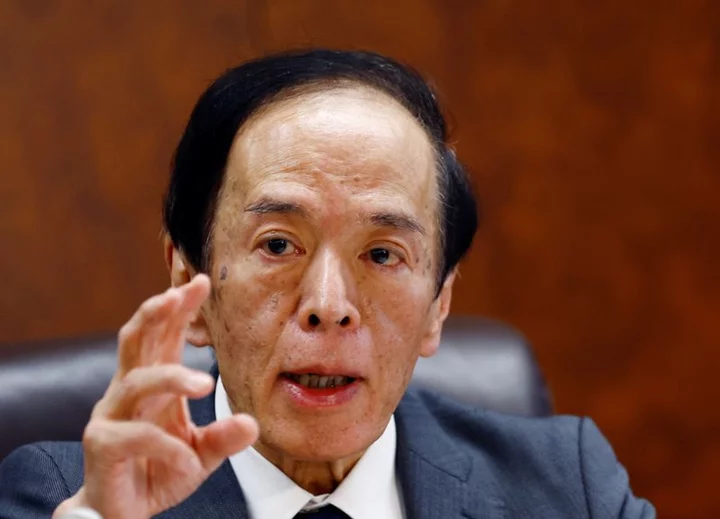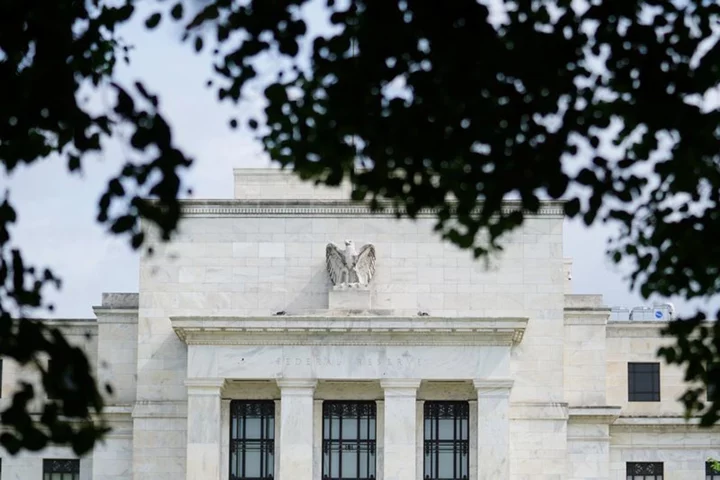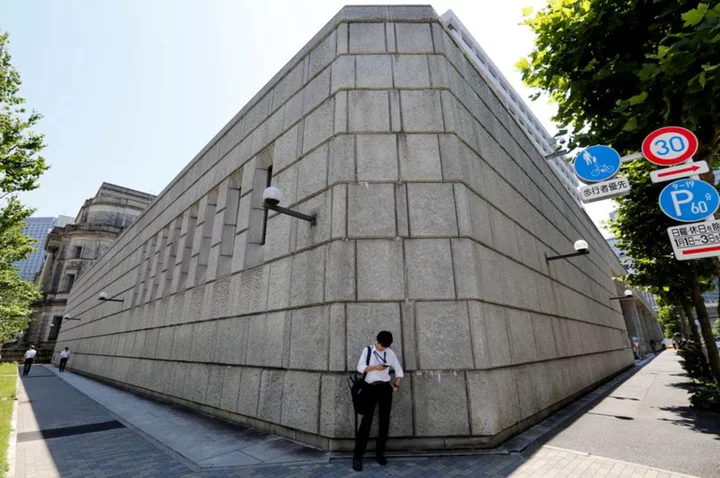The Bank of Japan made its yield curve control policy more flexible and loosened its defence of a long-term interest rate cap on Friday, in moves seen by investors as a prelude to an eventual shift away from massive monetary stimulus.
Following are excerpts from BOJ Governor Kazuo Ueda's comments at his post-meeting news conference, which was conducted in Japanese, as translated by Reuters:
BOND YIELD
"We will not tolerate an increase in the 10-year bond yield above 1% and will step in if it does. While the yield is moving between 0.5% and 1%, we will look at the yield level, pace of change and speed, and conduct various market operations to contain excessive upward pressure on long-term interest rates."
"Looking at long-term interest rates, (the 10-year yield) has been moving below 0.5%. If the yield exceeds 0.5%, we'll look at the level and speed of the moves and respond as appropriate. We don't expect the yield to move up to 1%, but have set this cap as a pre-emptive measure."
ON WHY THE BOJ DECIDED TO MOVE NOW
"The inflation forecast for this fiscal year has been revised up quite significantly. We had been under-estimating upward pressure on prices. We haven't changed the 2024 and 2025 forecasts much, but many board members appear to see risks skewed to the upside. There's a lot of uncertainty on the outlook..."
"As for YCC, it would be pretty tough to deal with upside (inflation) risks once they materialise. The side-effect could be quite big. The bond market is pretty stable now and we saw uncertainty over the outlook very high. This was a good timing to make tweaks to our policy framework."
ON THE POLICY BIAS
"There's no change to our view there is some distance to achieving our price target as a trend. It's appropriate to maintain our easy monetary policy... Given uncertainty over the outlook, we decided to pre-empt risks by setting 1% as a loose framework along with the 0% target and the 0.5% yield band."
"As for what we will do ahead, if inflation overshoots, we will respond appropriately."
"Responding after upward risks materialise would put us behind the curve, and make the side-effects very large. The risk of us being forced to abandon YCC against our will is not zero. That's why we need to act pre-emptively."
"We made YCC more sustainable, and expanded scope to deal with both upside and downside risks."
ON WHETHER THE BOJ SHIFTED ITS BIAS TO NEUTRAL FROM DOVISH
"That's not the case. By making YCC more flexible, we enhanced the sustainability of our policy. So, this was a step to heighten the chance of sustainably achieving our price target."
"We'd like to have market forces drive bond yield moves more. If economy and prices overshoot, we'll allow long-term interest rates to move above 0.5% and up to 1%. But letting yields move completely freely would essentially be abandoning YCC, and we're not ready for that. We'd like to adjust the speed of yield moves and prevent speculative bond trading from spreading."
"We're still not confident enough that inflation will re-accelerate after a period of slowdown. If this changes, our approach on monetary policy will change too."
"If inflation expectations heighten and we try to control bond yields with our market operation, real interest rates will fall. That would stimulate the economy and prop up inflation. We've seen such effects appear on the economy in the past year or so. On the other hand, that also means the side-effects are increasing. We looked at the balance of both factors, and decided to make YCC flexible."
(Reporting by Leika Kihara; Editing by Subhranshu Sahu)









